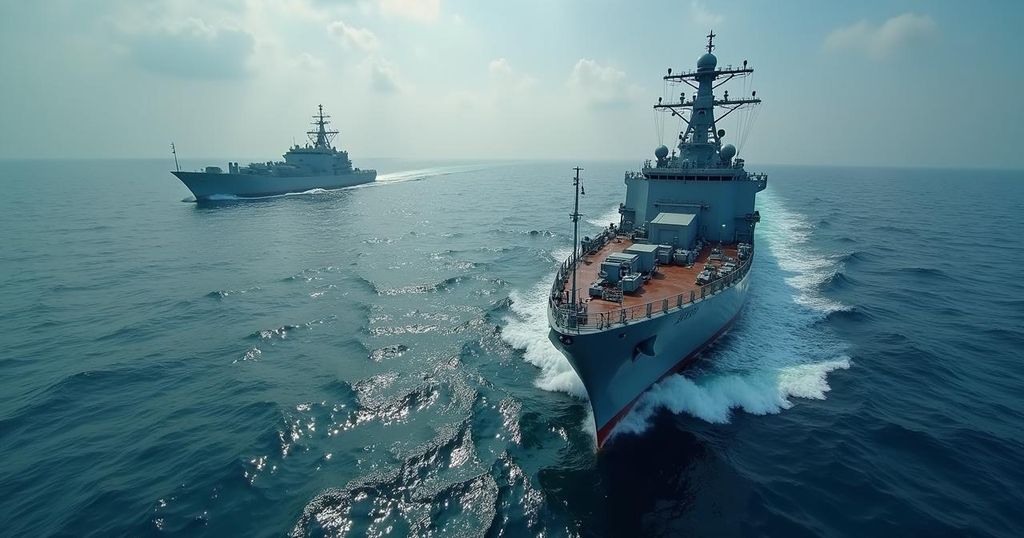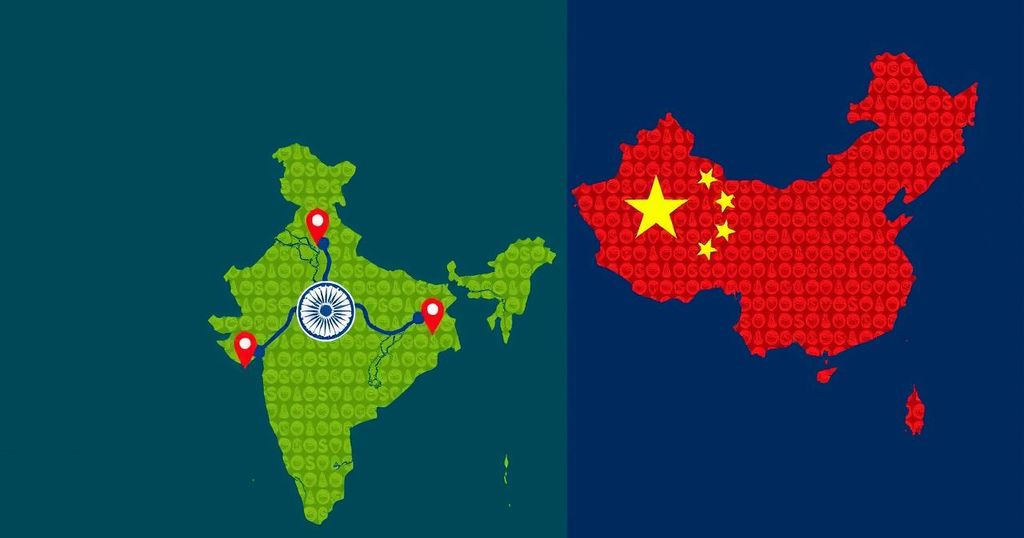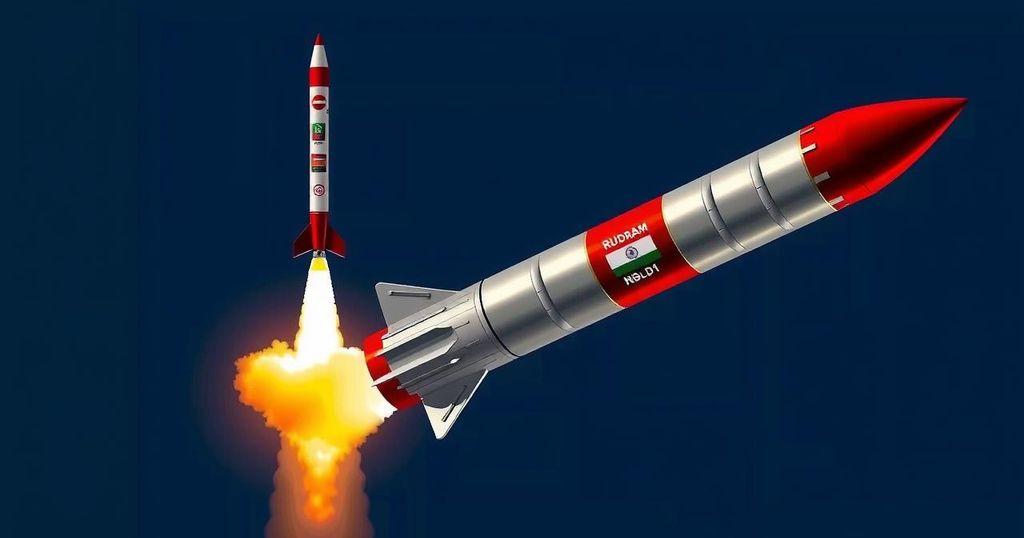Escalating Tensions in the South China Sea: The China-Philippines Conflict
Philippine President Ferdinand Marcos Jr. has urged expedited negotiations on a code of conduct for the South China Sea amid escalating tensions with China. Confrontations between the two nations have grown increasingly violent, with allegations of harassment and militarization by China. The economic significance of the South China Sea and the potential for wider conflict necessitate immediate diplomatic efforts to manage disputes and reduce hostilities.
Tensions between China and the Philippines in the South China Sea are escalating, prompting calls for urgent negotiations on a code of conduct governing maritime conduct in this contested area. Philippine President Ferdinand Marcos Jr. expressed concern over alleged Chinese harassment during a recent ASEAN summit, emphasizing the need for earnest dialogue to reduce tensions and reach substantial agreements regarding the disputed waters. Marcos Jr. highlighted that the maritime code, first proposed in 2002, has been slow to evolve, with significant negotiations only commencing in 2017. The current situation remains precarious, as increasing confrontations between Chinese and Filipino vessels are reported, including allegations of violent encounters and use of water cannons. In recent months, both nations have exchanged serious accusations, contributing to a deteriorating relationship. China claims sovereignty over nearly the entirety of the South China Sea through a controversial nine-dash line and has engaged in extensive militarization of the region, including construction of military installations on artificial islands. This ongoing build-up of military assets, coupled with confrontations at Scarborough Shoal and other key locations, raises alarms not only regionally but also internationally, especially regarding the potential involvement of the United States, given its treaty obligations to the Philippines. The South China Sea is economically vital, facilitating $3.4 trillion in cargo annually, and is rich in natural resources, notably oil and natural gas. Nevertheless, the increasing number of confrontations—indicating a tit-for-tat escalation of hostilities—demands immediate diplomatic attention to prevent further deterioration of relations between the two nations, as well as potential wider conflicts.
The South China Sea represents one of the world’s most strategically significant maritime regions, embroiled in territorial disputes primarily involving China, the Philippines, Vietnam, and other Southeast Asian nations. Central to these disputes is the issue of sovereignty over various islands and maritime areas, particularly the Spratly and Paracel Islands. The Philippines relies heavily on the Exclusive Economic Zone (EEZ) for resources, which China claims as its own under the contentious nine-dash line. Since a 2016 ruling from a UN tribunal that countered China’s claims, tensions have continued to escalate as China disregards the ruling while reinforcing its military presence in the area. Recent months have seen increased militarization and numerous confrontations between Philippine and Chinese vessels, highlighting the urgency for a resolution to these disputes.
The ongoing tensions in the South China Sea, primarily between China and the Philippines, underscore the urgent need for diplomatic engagement to address maritime conduct and sovereignty disputes. With rising military activities and numerous confrontations at sea, the situation poses significant regional security risks. A mutual understanding through a well-negotiated code of conduct is crucial to facilitate peace, reduce hostilities, and protect the interests of all nations involved. The international community, especially the United States, must monitor these developments closely to support stability in this vital maritime region.
Original Source: www.aljazeera.com








Post Comment